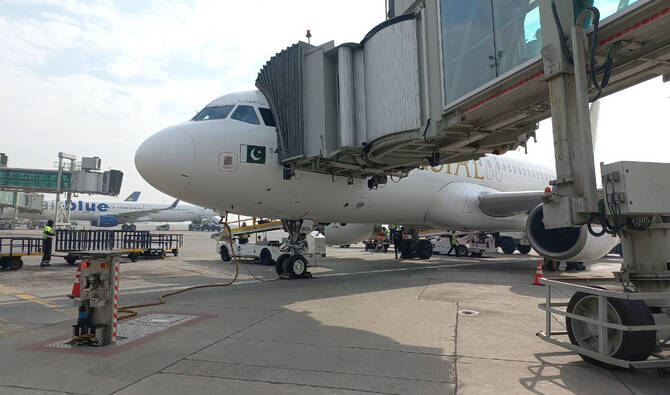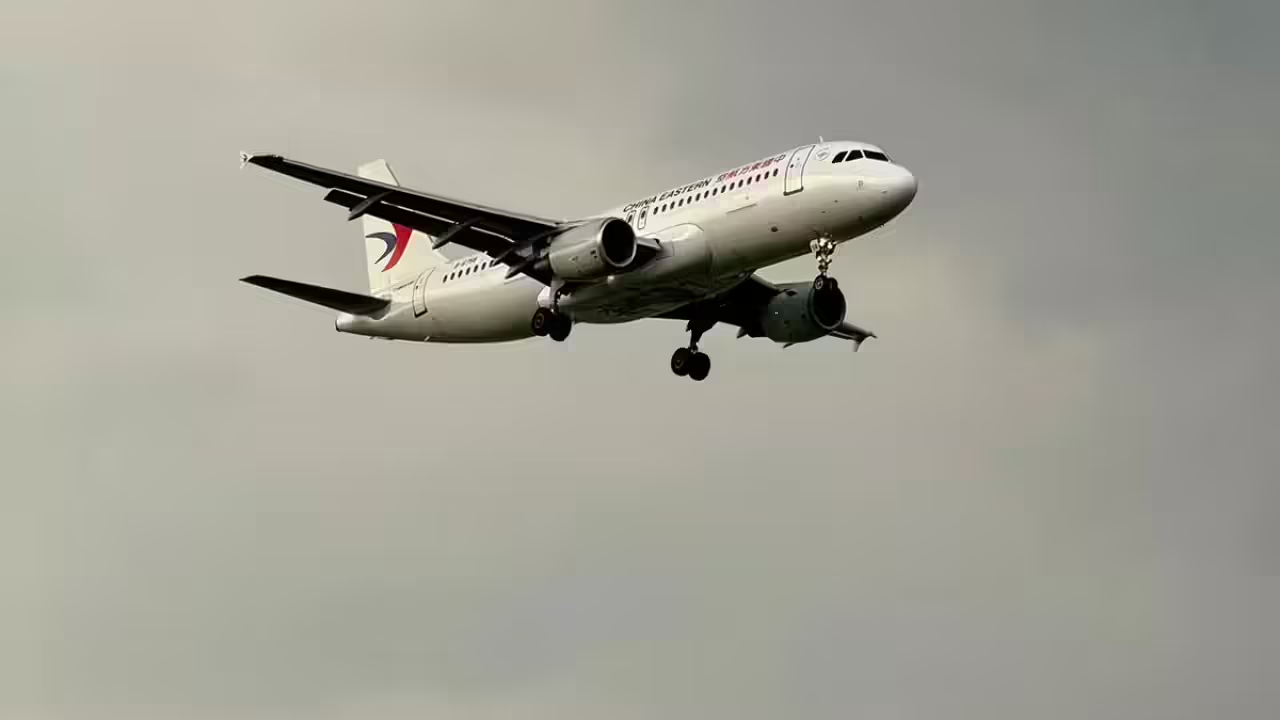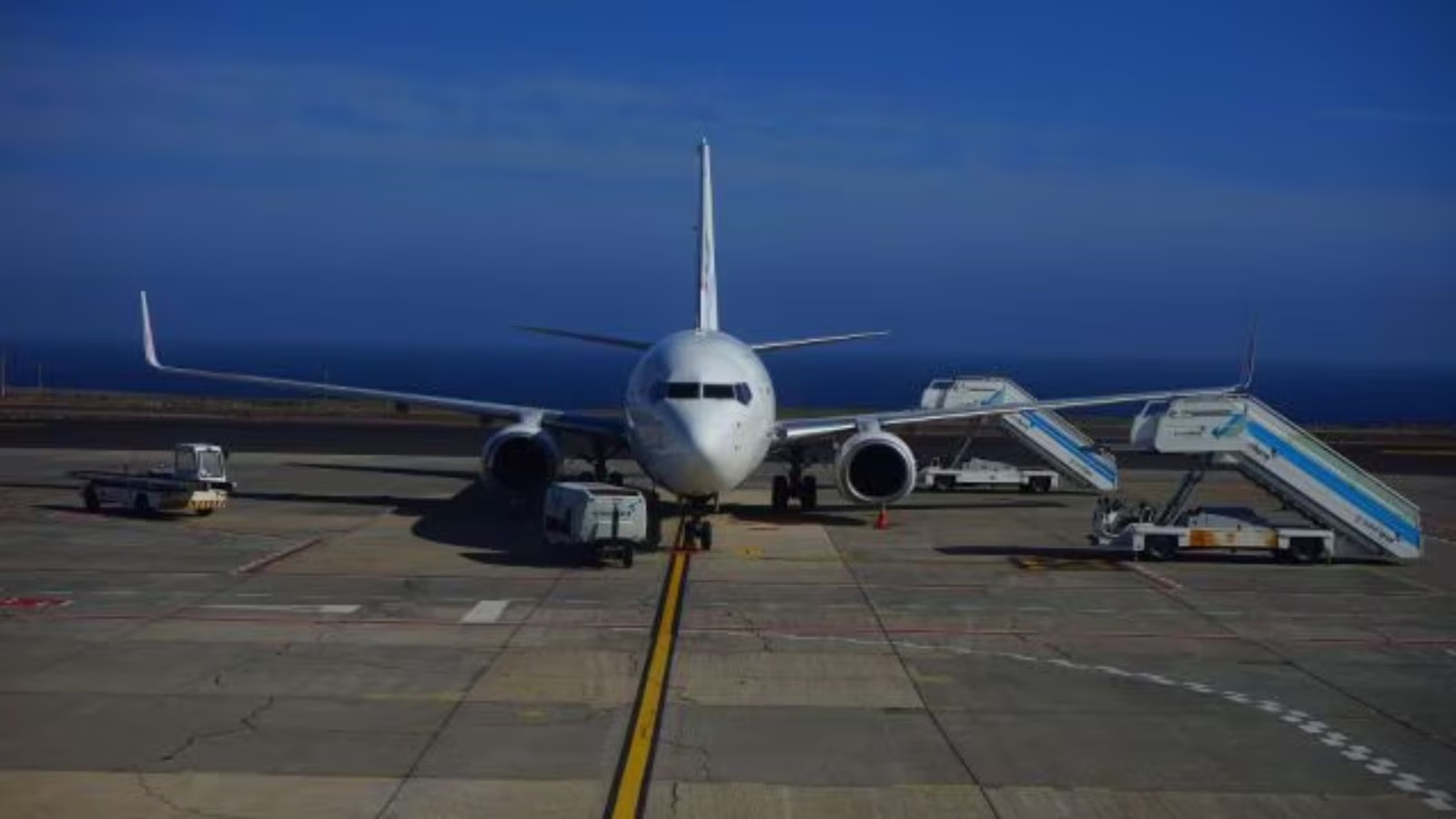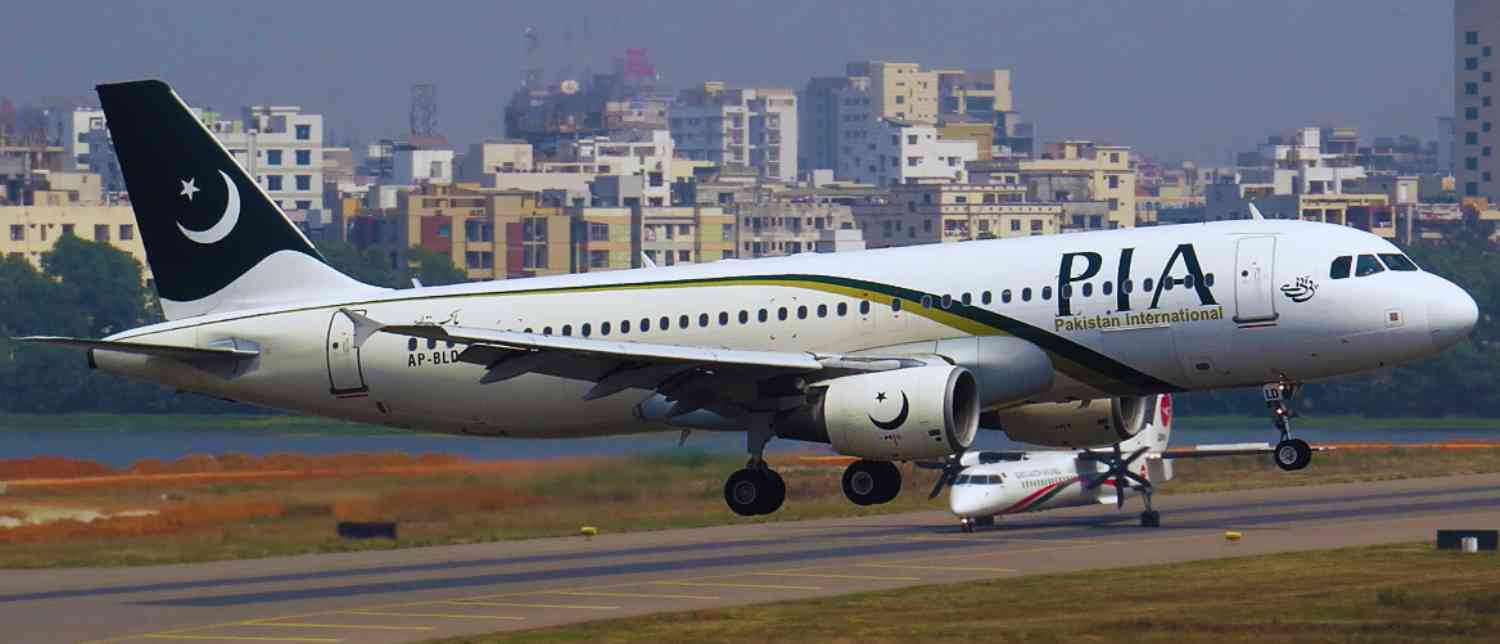India has extended its suspension of Pakistani airlines and aircraft operations within its airspace until September 24, 2025. This decision continues a ban initiated at the end of April following rising tensions between the two neighboring countries. The fresh extension was officially announced via a Notice to Airmen (NOTAM) issued by Indian authorities on August 22, 2025, maintaining the restrictions on Pakistani commercial and military flights entering Indian airspace.

The ban on Pakistani aircraft operations started as a reciprocal measure after Pakistan closed its airspace to Indian airlines in April 2025. This tit-for-tat airspace closure followed a deadly terror attack in Pahalgam, Kashmir, where 26 civilians were killed. India attributed involvement of Pakistan-based terrorists in the attack, while Pakistan denied these claims and demanded an impartial investigation. Since then, both countries have extended airspace restrictions on each other's airlines repeatedly, creating significant disruption to aviation in the region.
The Indian government states that the suspension is driven by continued security and strategic considerations. Union Minister of State for Civil Aviation, Murlidhar Mohol, pointed out that this decision aligns with prevailing security protocols and is meant to protect national security interests. Pakistan has mirrored this action by extending its own ban on Indian aircraft operations until September 25, effectively keeping airspace restrictions in place on both sides for almost five months.
The impact of these prolonged restrictions has been wide-ranging. Indian and Pakistani airlines have faced longer flight routes, increased fuel costs, and operational challenges due to reroutes to avoid banned airspaces. Several Indian airports in northern and western states have experienced disruptions and closures affecting both domestic and international flights. Additionally, the diplomatic standoff has intensified existing tensions, adding friction in other areas of bilateral relations including trade and visa issuance.

From a broader perspective, while these airspace suspensions contribute to the ongoing geopolitical tension, they also highlight the challenges of maintaining routine civil aviation connectivity amidst political conflicts. The reciprocal airspace bans have had more immediate operational and economic consequences on Indian carriers, as Pakistani airlines predominantly use Indian airspace less frequently. Meanwhile, international airlines have also had to reroute flights avoiding Pakistani airspace, thus affecting global aviation routes.
Public opinion in both countries seems influenced by security concerns and nationalistic sentiments, pressing governments to maintain firm stances. Experts suggest that while the bans serve as tactical diplomatic responses, they have underscored the fragility of peaceful cooperation in the region and the difficulty of disentangling political disputes from civilian life and economy.

In conclusion, the extension of India’s suspension of Pakistani airlines and aircraft operations to September 24 is a continuation of strained India-Pakistan relations marked by mutual distrust and security apprehensions. While aimed at safeguarding national security, these restrictions cause disruptions in the aviation sector and reflect the persistent challenges in normalizing relations between the two countries. The need remains for dialogue and confidence-building measures to eventually restore normal air connectivity and ease tensions in the region.
With inputs from agencies
Image Source: Multiple agencies
© Copyright 2025. All Rights Reserved. Powered by Vygr Media.


















